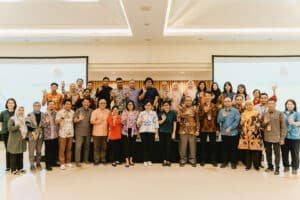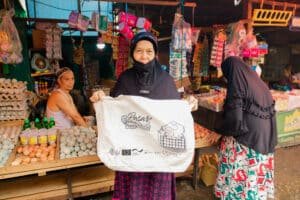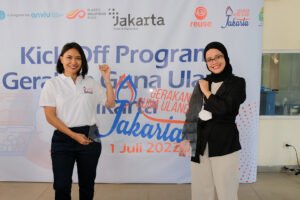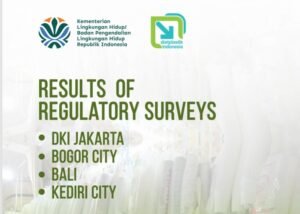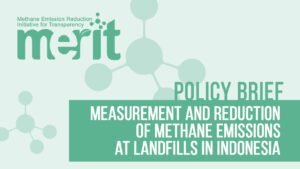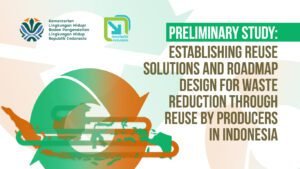At the World Economic Forum (WEF) on August 3, 2025, held in Geneva, Switzerland, Executive Director of Dietplastik Indonesia, Tiza Mafira, served as one of the panelists in the session themed Beating Plastic Pollution: Solutions Day. Tiza delivered a strong civil society perspective on the ongoing negotiations for the Global Plastic Treaty.
She expressed concern that the treaty negotiations risk being split between: those advocating for upstream bans on harmful plastics and chemicals, and those only supporting waste management solutions. According to her, civil society has always been united — from grassroots bans to reuse innovation, progress has been collaborative across communities, waste workers, retailers, governments, and consumers.
Innovation in reuse systems, she noted, offers a powerful solution to address plastic pollution. Tiza emphasized that reuse has now evolved into a structured system. Indonesia recently launched the Indonesian Reuse Association (Asosiasi Guna Ulang Indonesia – AGUNI), comprised of 14 reuse enterprises as founding members. At the regional level, the Asia Reuse Consortium now includes five countries advancing reuse solutions, alongside the formation of the Global Reuse Alliance aimed at connecting six regional coalitions. “We are not waiting. We are building the systems that will replace single-use plastics,” she asserted.
Tiza outlined two key areas of support that frontline communities in developing countries need to effectively address plastic pollution through the Global Plastic Treaty. The first is the establishment of national reuse targets. According to Tiza, reuse cannot compete with single-use in the current economic structure because single-use plastics receive significant subsidies and do not reflect their true social and environmental costs. Instead, reuse system is already proven and popular, such as milk deliveries to soda in returnable glass bottles.
She called for the treaty to set national reuse targets, ban problematic single-use plastics, or introduce economic instruments that disincentivize single-use consumption.
Tiza also criticized the prevailing financing patterns, which still channel most funds into incineration and waste-to-energy projects—both situated at the bottom of the waste hierarchy. In contrast, community-based reuse initiatives that already create jobs receive minimal support. She urged that the treaty prioritize financing according to the waste hierarchy: Reduce, Reuse, Recycle, and disposal at last. “Communities are already creating systems. We just need financing to stop rewarding the wrong end of the pyramid.” she said.
She further emphasized that reuse is not simply about “bringing your own tumbler.” The reuse model she referred to is a business model, not just a consumer behavior. The “containers as a service” approach ensures that producers or distributors retain ownership of containers, managing cleaning, refilling, and logistics. This shifts the burden from consumers to the supply chain, making reuse practical, measurable, and sustainable. The most active sectors in implementing this system include food and beverage services, event retail, and the hospitality industry.
Tiza underscored that reuse is not a new idea—it is an old solution requiring modern policy support. Communities are not waiting; they are already taking action. The Global Plastic Treaty must recognize and strengthen these efforts through clear targets, bans, and fair financing. She brought with her the determination that the Geneva negotiations should be the final round before a binding agreement is reached.


